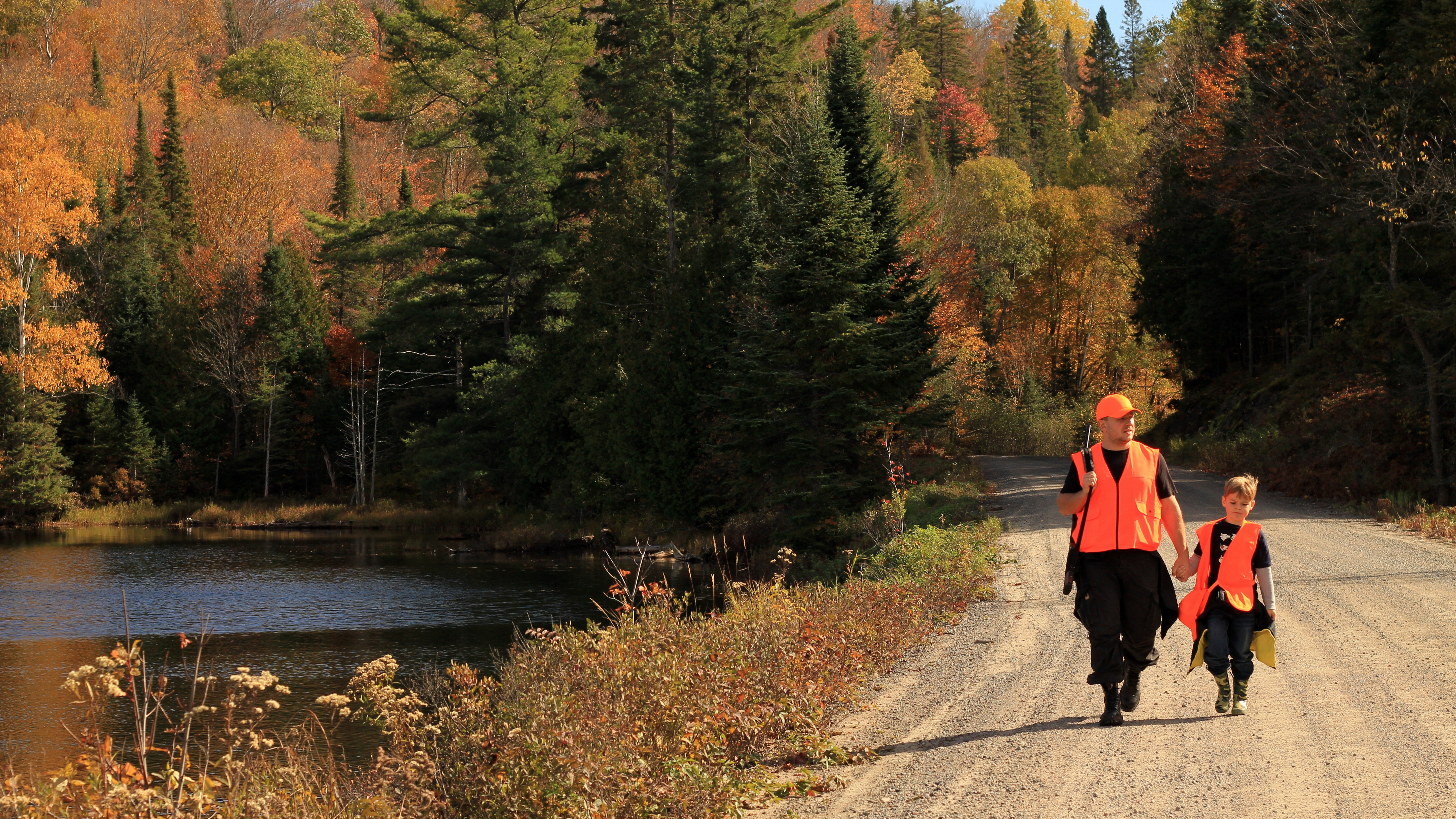-
Cardiovascular
Hunting and heart safety

Like any sport, hunting requires the participants to train, focus, and be mentally and physically fit for the activity required. When hunters aren’t in shape, their trips sometimes can end in tragedy. Hunting may be the most demanding physical exertion some hunters experience all year. “Dragging a heavy deer through the snow or brush can be exceptionally stressful on the heart,” says Dr. Tracy Warsing, a family physician at Mayo Clinic Health System – Franciscan Healthcare in Sparta, Wisconsin. Studies show that the excitement of sighting a deer can send a hunter’s heart rate soaring. This excitement, combined with strenuous hunting activity and exertion, can put a physically unfit hunter at risk of a heart attack.
“Knowing the warning signs of a heart attack can help alleviate the severity of the attack,” says Dr. Warsing. Many people fail to recognize a heart attack because the symptoms can be vague and easy to pass off as a less serious problem. Knowing the signs allows you to act fast.
A heart attack does not always produce a giant, immobilizing pain or a sharp, stabbing pain. The body sends signals that the heart is starving for oxygen by these warning signals:
- An uncomfortable pressure, fullness, squeezing or pain in the center of the chest for more than two minutes
- Chest pain that spreads to the shoulders, neck, or arms
- Possible dizziness, fainting, sweating, nausea and shortness of breath
Sometimes these signals may subside only to return later, possibly with greater discomfort and danger. The American Heart Association recommends that anyone experiencing chest pain and discomfort for two minutes or more should call 911 or go to a hospital immediately. Expect the person to deny the possibility of having a heart attack, but insist on prompt action. Do not ignore any warning signal. Act immediately.
Before your trip, find out which hospitals provide 24-hour service in the area you will be hunting. Select the nearest facility in advance, so there will be no delay in finding a hospital. Inform your family and friends so they know where to go in case of an emergency. “Don’t worry about a false alarm,” said Dr. Warsing, “just get to the hospital. Reacting quickly could save your life as you have only a couple of hours to save that heart muscle.”
Smoking, family history, diabetes, obesity and high cholesterol all could be a cause to a heart attack. Now is the best time to get a checkup from your health care provider so you know if you’re ready and what you can do to prepare. In addition to giving you a heart risk assessment, health care provider also can give advice on exercise programs to get you ready for dragging out that buck or for those long walks seeking the elusive game.
Being prepared is the best bet for a safe and successful hunting season. A quick and easy check-up can get you ready for the voyage and could save your life.







